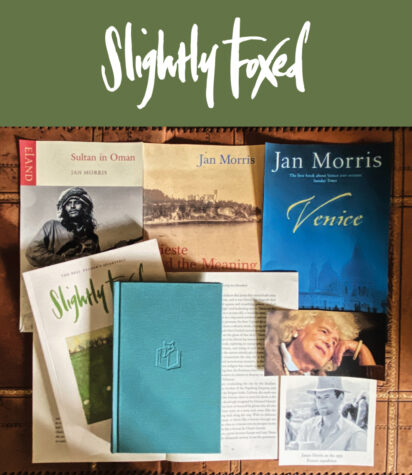
Whereas most writing texts focus exclusively on analysis or techniques to improve writing, Holcomb and Killingsworth blend these two schools of thought to provide a singular process of thinking about writing. By addressing style and rhetoric not as an editorial afterthought, but as a means of social interaction, they equip students with the vocabulary and tools to analyze the styles of others in fresh ways, as well as create their own. Drawing on numerous examples from a wide range of authors and genres, Holcomb and Killingsworth demonstrate the use of style as a vehicle for performance, a way for writers to project themselves onto the page while managing their engagement with the reader. Jimmie Killingsworth breathe new life into traditional concepts of style. In Performing Prose, authors Chris Holcomb and M. The Norton Reader: An Anthology ofNonfiction Prose. The Poetry and Short Stories ofDorothy Parker. "About this title" may belong to another edition of this title.In Hunt, ed. Linda Goldberg, Stevens Institute of Technology I often feel like I am in a candy store and have to make very difficult choices from all the goodies.” “The depth, selection, and range of choices in The Norton Reader are exhilarating. Allston James, Monterey Peninsula College Alan Ainsworth, Houston Community College And it gives our very diverse faculty plenty of choice at a reasonable price.” It's a book that prompts both instructors and students to think about many of the most important questions being discussed across the academy today. “We chose The Norton Reader for the breadth and excellence of its readings―and for the way those readings foster critical thinking and thoughtful writing. Martin’s Guide to Teaching Writing (Bedford/St. Her books include Books That Cook: The Making of a Literary Meal (New York University Press, 2014), The Norton Pocketbook of Writing by Students (2010), Surveying the Literary Landscapes of Terry Tempest Williams (University of Utah Press, 2003), and The St. Goldthwaite (Ph.D., The Ohio State University), General Editor, is Professor of English at Saint Joseph’s University, where she teaches composition, creative writing, and rhetorical theory.

Her scholarship focuses on modernist women writers, feminist theory, and the essay. She is the author of Virginia Woolf: Feminism and the Reader (Palgrave, 2006) and editor of the Cambridge University Press edition of Mrs. His scholarly interests include nineteenth-century literature, especially nonfiction prose, and writing studies, especially genre, style, and argumentation.Īnne Fernald (Ph.D., Yale University) is Professor of English and Women's Studies at Fordham University, where she directs the first-year writing program at the Lincoln Center campus. He previously taught and directed writing programs at Yale University and Columbia University in the City of New York. Joseph Bizup (Ph.D., Indiana University) is an Associate Professor of English and Director of the College of Arts & Sciences Writing Program at Boston University. His scholarship focuses on the history of teaching English literature and composition. He has taught writing at Harvard University, Wayne State University, Brandeis University, and the City University of New York. Previously he served as Executive Director of the Calderwood Writing Initiative at the Boston Athenaum.


John Brereton (Ph.D., Rutgers University) is a Professor of English, Emeritus, at the University of Massachusetts, Boston. She co-directed the Bass Writing Program at Yale for twenty-five years and served as president of the Council of Writing Program Administrators. Linda Peterson (Ph.D., Brown University) was Professor of English at Yale University and was published widely on nonfiction prose, notably life-writing and women's authorship.


 0 kommentar(er)
0 kommentar(er)
